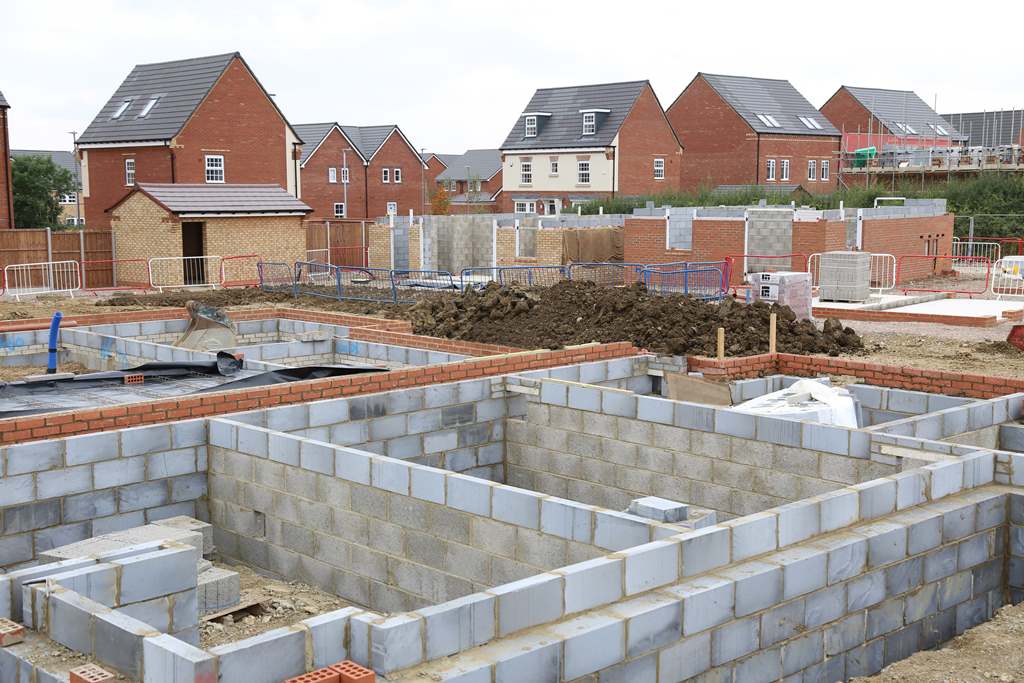The latest Housing Pipeline Report from the Home Builders Federation (HBF), containing data from Glenigan, shows a continued downward trend in planning approval figures for Q3 2024 in both the number of sites and units approved for development.
With just 2,260 sites approved in the months of July to September 2024, this marks a 10% decline from the previous quarter and the lowest quarterly total recorded since the HBF began reporting in 2006. The rolling annual total of 10,180 sites approved also represents a record low, further illustrating the significant challenges the UK housing sector faces in meeting growing demand, the federation said.
While the number of units approved during Q3 increased by 2% to 57,356, this is still 40% below the peak. The rolling annual total of 240,661 units saw a modest 1% rise from Q2 2024 but remains 6% lower than the same period in 2023.
Regionally, the decline in planning approvals has been especially pronounced in the Northeast (down 61%), Yorkshire & Humber (down 49%) and West Midlands (down 55%). Although London saw a slight increase, the numbers remain far below historic levels.
The regional disparities further complicate efforts to address the national housing crisis, the HBF says, with areas in greatest need of new homes facing the most significant barriers to development.
HBF chief executive Neil Jefferson said: “The continued decline in planning approvals is deeply concerning and underlines the scale of the challenge we face in addressing the country’s housing crisis.
“The recent efforts by the government to reform planning policy are very welcome but the data makes it clear that much more needs to be done to reignite housing delivery. Planning approvals will need to increase by more than 150% to meet the government’s target of 370,000 homes annually, which is a huge leap from the current figures.
“We are seeing significant regional variation, with some areas experiencing severe drops in approvals, while others, like London, are still well below previous levels. This discrepancy highlights the need for targeted interventions that not only speed up planning processes but also provide clear support for both developers and homebuyers.
“The lack of affordable housing is impacting communities across the country, and without a stable demand for new homes, the industry lacks the confidence to invest in building the homes that are desperately needed.
“Increasing housing will require going beyond planning reform and addressing broader issues such as financing for homebuyers and a lack of providers in the market to take on the affordable housing developers build. Continued intervention from the government will be crucial to ensuring we have a robust housing market that can deliver for the nation and tackle the housing crisis head-on.”

